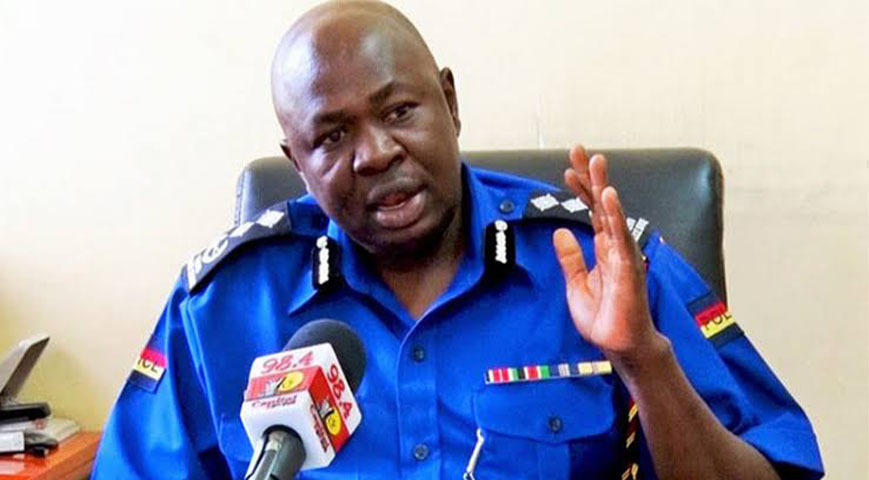Charles Owino, chairperson of the Kenya Institute of Mass Communication (KIMC), has criticized a recent high court order requiring officers from the Directorate of Criminal Investigations (DCI) to wear uniforms during demonstrations.
Owino, a former Police Spokesperson, argues that such a directive conflicts with the DCI's established procedures. He explained that the DCI traditionally operates in civilian clothing, uses unmarked vehicles, and conceals its officers' identities, which are essential for its covert operations.
Owino defended the DCI's methods, stating that their approach helps manage chaotic situations and identify potential criminals within protest groups.
Did you read this?
He highlighted that DCI officers, known for their involvement in high-stakes operations, sometimes need to blend in to perform their duties effectively, such as apprehending individuals who may pose a threat during riots.
The high court's order was influenced by a petition from the Law Society of Kenya (LSK), which has been critical of police actions during recent protests. The LSK has accused the police of brutality, illegal detentions, and forced disappearances.

Faith Odhiambo, LSK’s president, has called for the unconditional release of protestors in police custody and has denounced police violence against activists and legal representatives.
Recent data from the Kenya National Commission on Human Rights (KNCHR) indicates that 66 protestors went missing, and 60 people died during the protests.
In response, the Independent Policing Oversight Authority (IPOA) is intensifying its investigation into police conduct, targeting senior officials, including the then-interim Inspector General of Police Douglas Kanja and Nairobi Police Commander Adamson Bungei.









